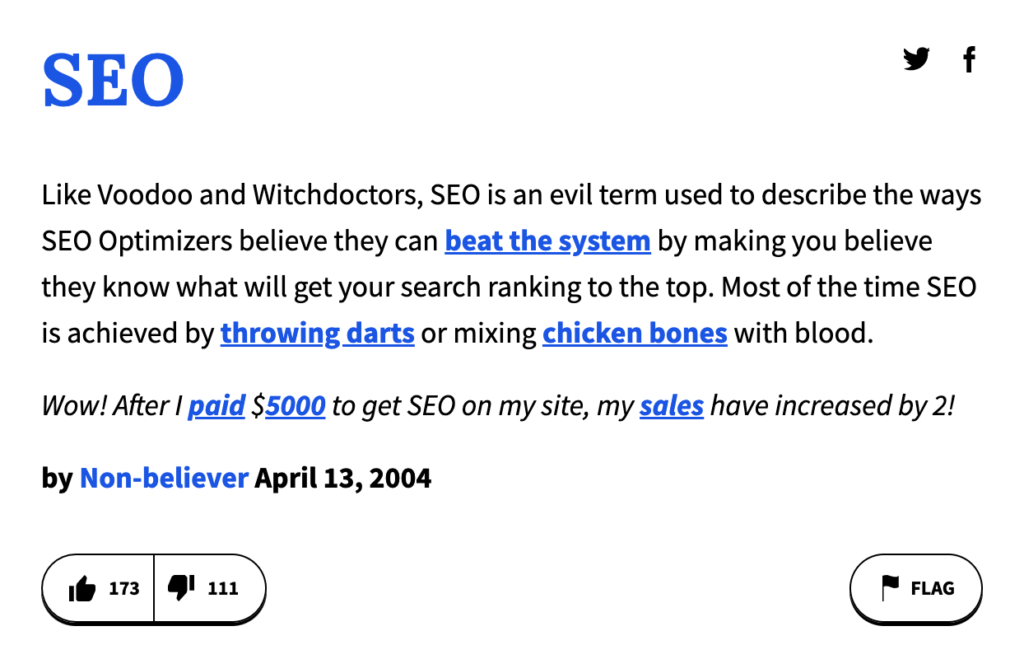5 Ways Social Media Boosts Your Branding
Blog Title: 5 Ways Social Media Boosts Your Branding
As an Aussie business owner or tradie, you know how important branding is for your business. Your branding represents your unique identity and serves to differentiate you from the competition. Branding also helps build trust and credibility with your customers. But did you know that social media can be a powerful tool to boost your branding? We’ll explore 5 ways social media can help increase brand recognition and grow your business.
Increase Visibility and Reach
Social media platforms such as Facebook, Instagram and LinkedIn are some of the largest audience platforms globally. As they are so widely used, there is a high chance that your target audience is using them too. By creating and sharing content that resonates with your target audience, you have a chance to reach more people beyond your usual customer base. As your content spreads and grows, it will lead to increased visibility and exposure, generating more significant opportunities for your brand.
Develop Trust and Credibility
Social media can be used as a tool to show the human side of your brand. By creating content such as behind-the-scenes glimpses of your work process, showcase positive customer reviews, or share other informative and engaging content with your audience, you can establish a relationship built on trust and credibility. This connection will help increase brand loyalty and trust which will improve the effectiveness of your branding.
Create a Strong Visual Identity
Using photos, graphics and video is a powerful way to tell your brand’s story. By creating visually engaging content that reflects your brand’s personality, it can leave a lasting impression on your target audience. Social media channels provide a perfect opportunity for you to showcase your brand’s visual identity. Use your social media channels as the voice of your brand online, and allow your visual identity to do the talking.
Generate Leads and Sales
Social media offers the advantage of being able to reach a highly targeted audience at a cost-effective price; the real value is the return on investment through lead generation and increased sales. By producing educational and informative content, you can establish yourself as a knowledgeable and trusted individual or business, and ultimately, gain leads and increase sales.
Stay Ahead of Competitors
Lastly, social media provides an excellent opportunity to study your competitor’s online presence. By observing and analysing them, you can gain an insight into their marketing strategy, their branding and what tactics have been successful, allowing you to develop your own social media marketing strategy, tailor-made for your brand.
Social media provides an unmatched opportunity for small business owners and tradies to establish and improve their branding. It can help you increase visibility and reach, develop trust and credibility, improve visual identity and generate leads and sales. It can also provide insight into competitor’s strategies, allowing Australian business owners and tradies to outperform their competitors online. Remember that social media is a long-term game. By consistently delivering high-quality, engaging content, you can create a unique and recognisable brand, helping you to grow your business and stand-out in your industry.













